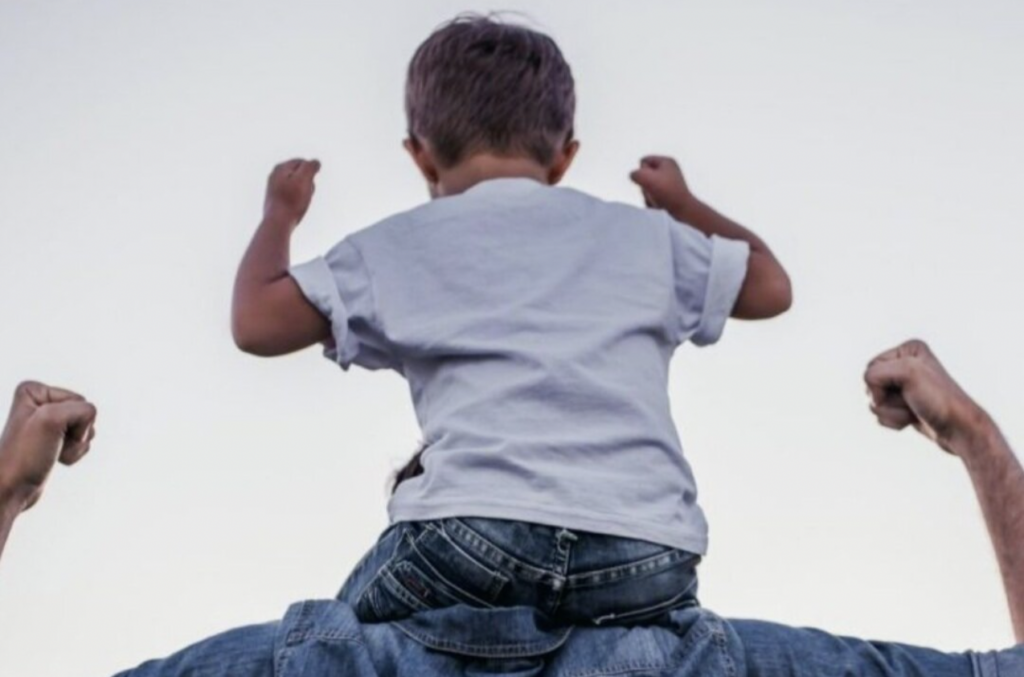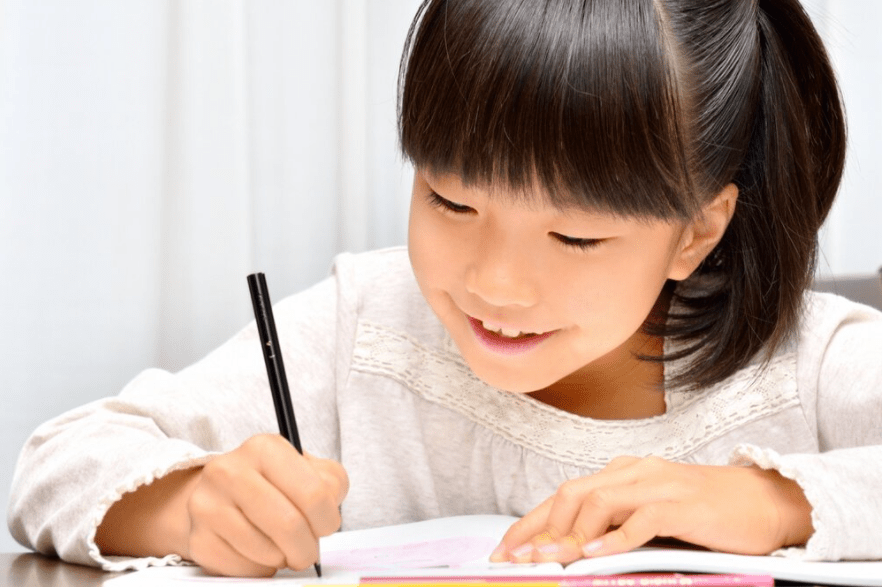You won’t necessarily find a social skills lesson on every classroom’s daily schedule. Yet, a vast majority of young students need some level of instruction in how to do things like cooperate, share, play, take turns, and converse. And this is especially true for students with ADHD, social anxiety and social pragmatic communication disorder. Because of this, interacting positively and productively with others isn’t something that comes naturally to many kids, and for some, it’s extra challenging. That’s why we were so excited to talk to Speech-Language Pathologists Tara Ferrara and Alexandra Spira of Social City. Listen to how they help kids develop these crucial skills through social groups, and read below for some highlights!
Key Takeaways
From a speech pathologist’s lens, speech and language skills can be split into three main categories:
- Receptive Language: these are skills that have to do with understanding what others are saying (also includes reading comprehension).
- Expressive Language: these are skills related to speaking and communicating, writing, retelling a story, and articulating one’s thoughts.
- Pragmatic Language: these are conversation skills as well as nonverbal communication cues like facial expression, body language, tone of voice, etc. This is the focus of social skills groups!
How do social cues and nonverbal communication relate to social skills?
Students who often feel targeted or bullied by peers are usually misreading social cues. They misinterpret the behavior of other children, which can make social situations confusing. In addition, kids sometimes have a hard time engaging in conversations. They might not realize when others lose interest and need support having reciprocal conversations.
The best way to help students develop social skills: Role Play!
Using role play is a great way to build social skills. Acting out common situations with different outcomes can help students reflect and learn from experience in a comfortable and supportive setting. This will help them be more successful in real-life social situations with peers.
How can you tell if your students need social skills support?
Social situations are often hard for children, and social skills groups are a great way to help them build their confidence. While some social hurdles are totally normal, important signals for the need for support include difficulty expressing thoughts or feelings, engaging socially, or working within a group.




